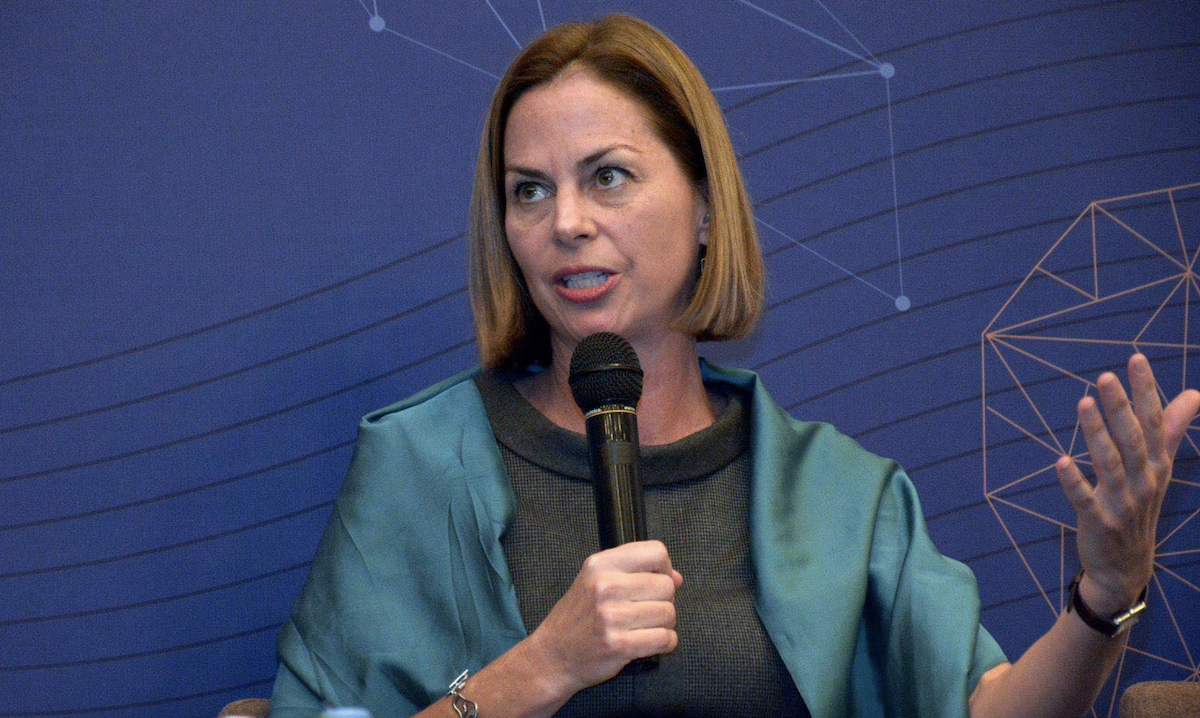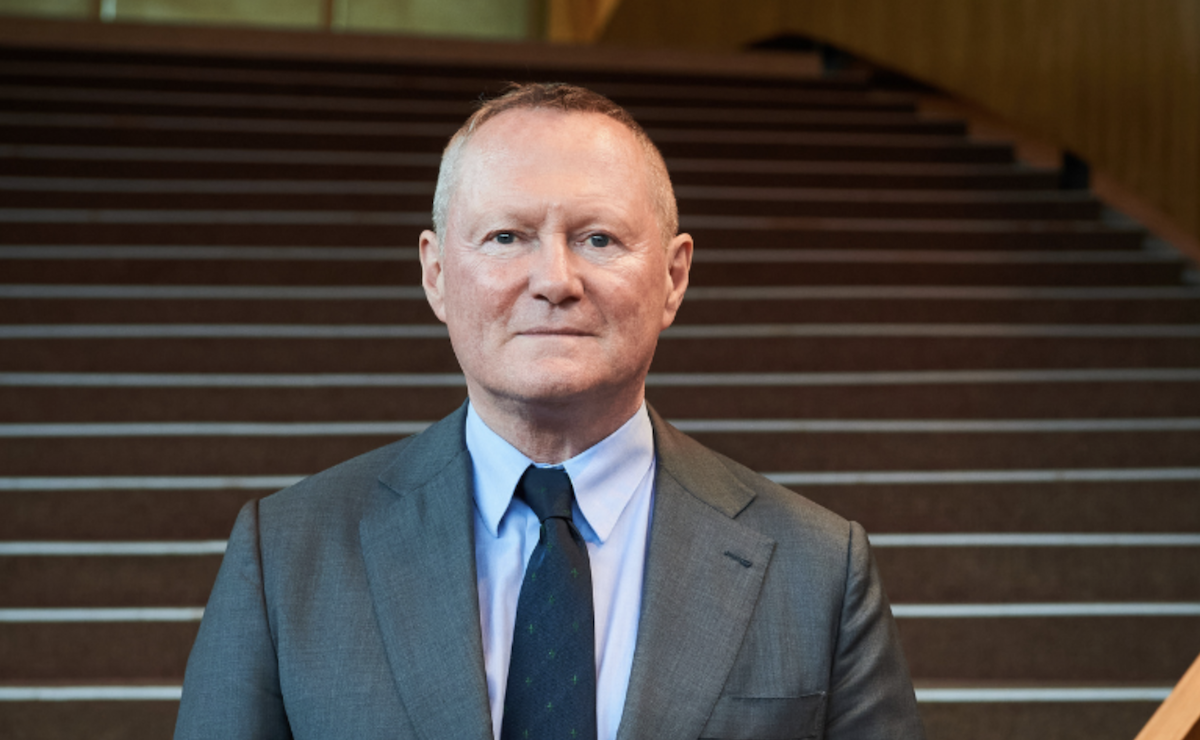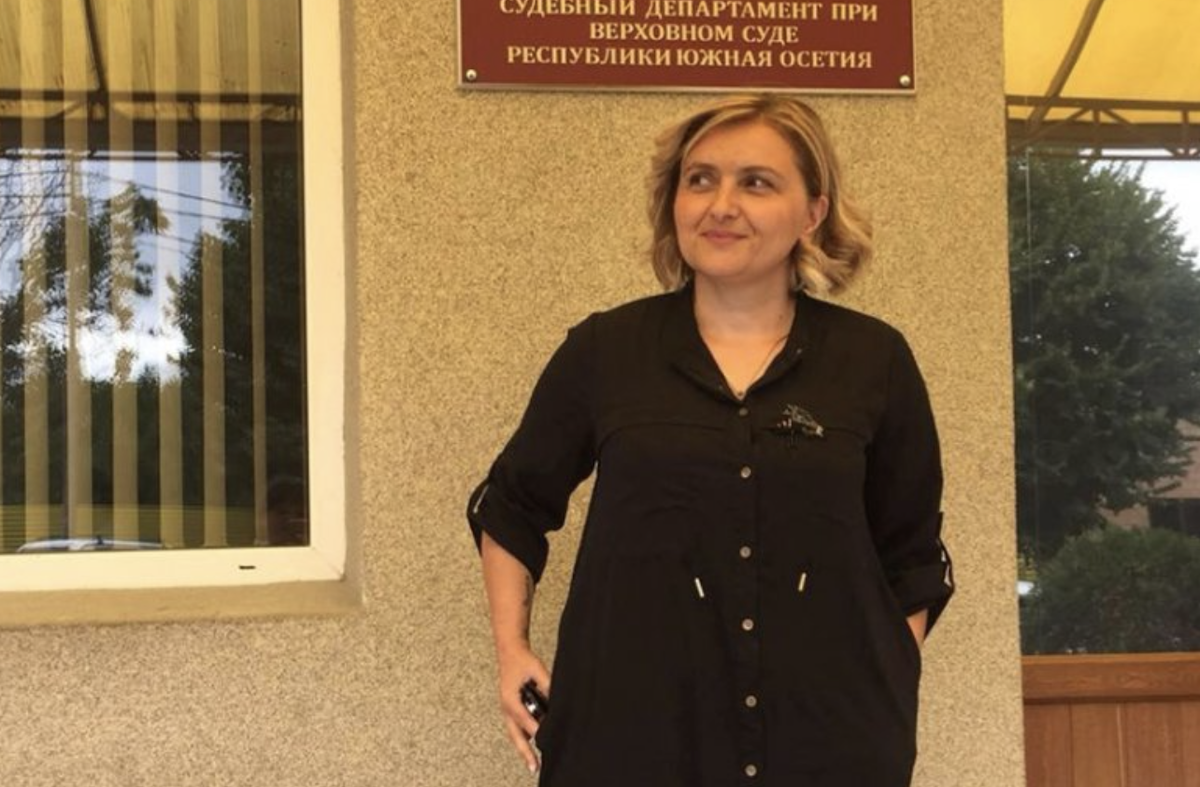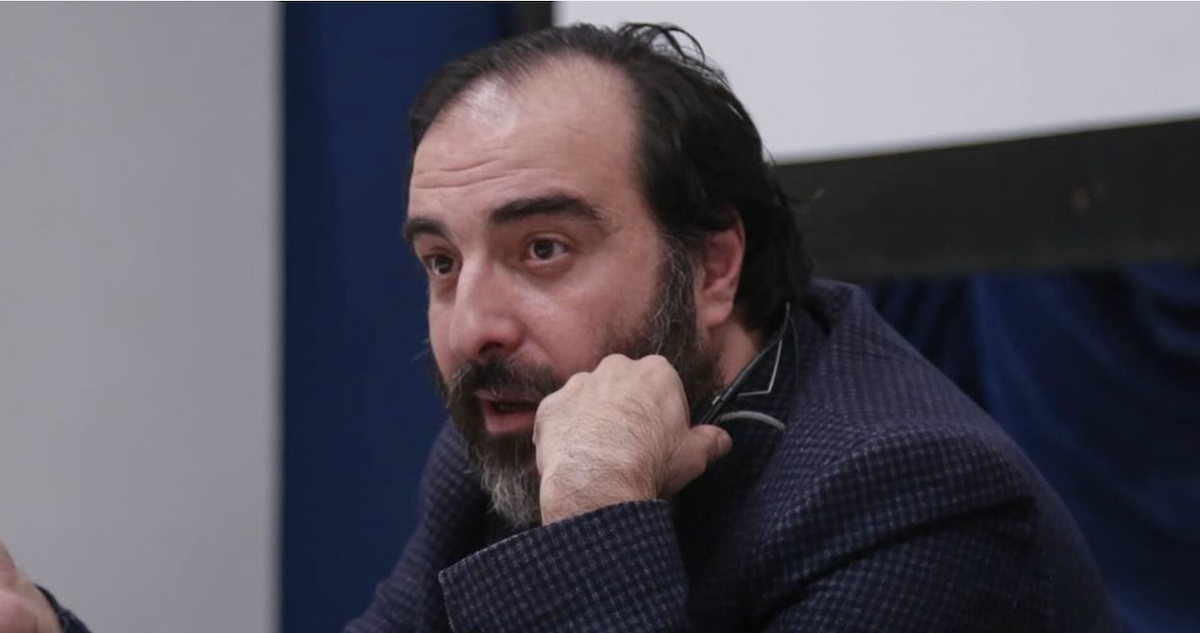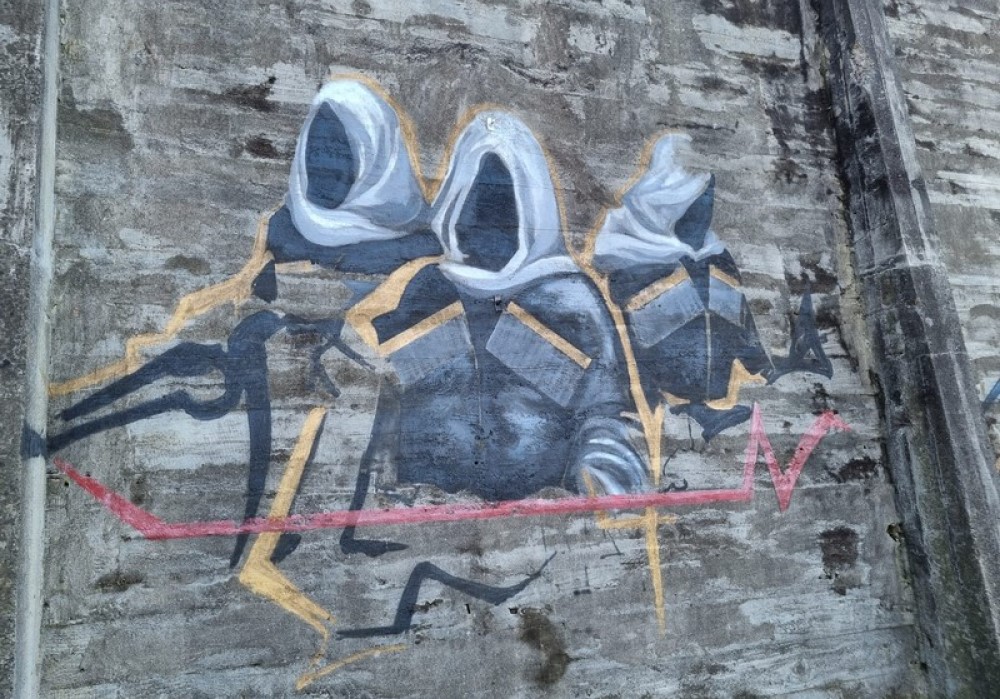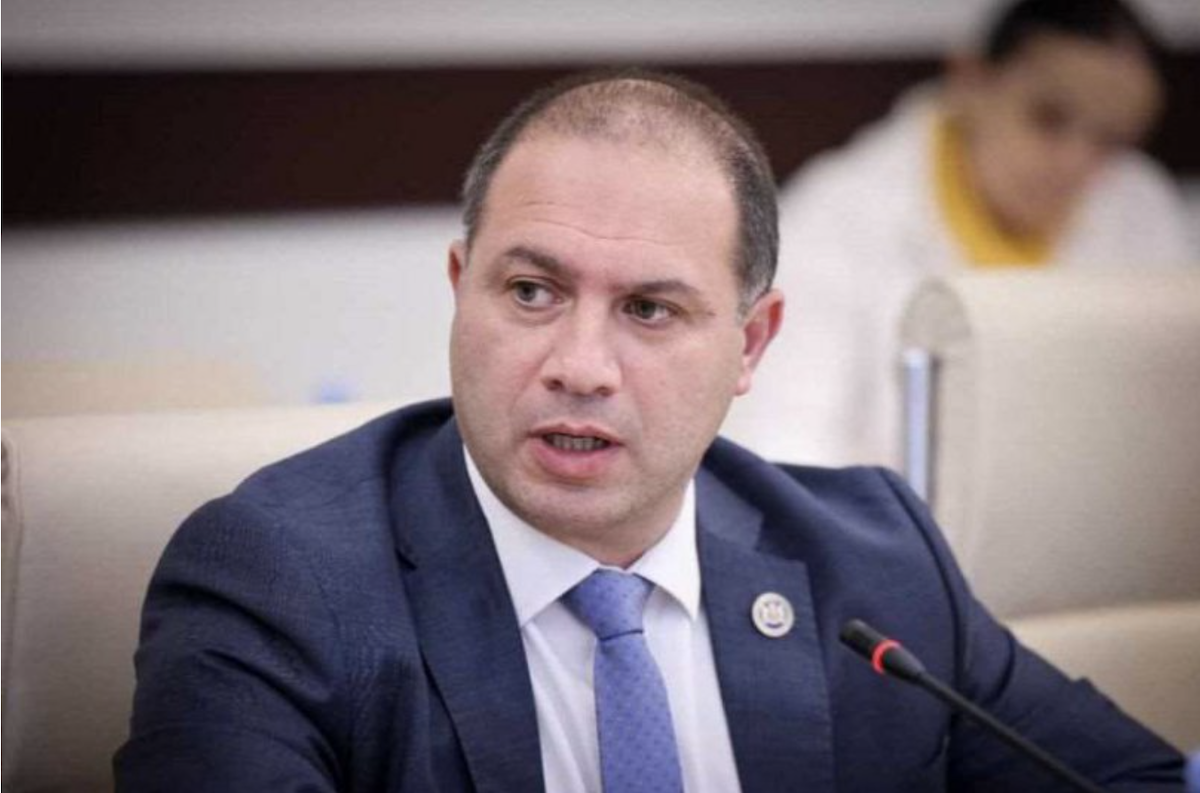Chronicles of Coalition
On October 1, 2012, there was a certain political Armageddon in Georgia – “all against one elections. In general, when the matter concerns such a polarization, at all times and in all places, it is that very “one’s fault, rather than everybody else’s. However, now it does not matter much. The most important is that such a polarization never passes unnoticed.
An anti-governmental pole by itself, as a rule, implies an internal diversity. That’s exactly what happened in Georgia.
Although Saakashvili’s government was trying to portray the opponents as a bunch of Russian spies and reversionists, discontent with modernization, but by some quirk of fate, due to that very attitude, the whole country turned into the National Movement’s opponent.
One can’t say that the reversionists did not oppose Saakashvili, but they were not the only one, who opposed him – someone was concerned over losing Georgian national identity, others were concerned about the authoritarian ruling or social problems. However, what made all of them unite was the government’s intolerance against different opinion, brutality and ruthlessness against those, who refused to be unconditionally obedient.
The situation has qualitatively changed, when the anti-governmental pole came into power after winning the Armageddon.
The point is that the authorities should not be united by a common enemy. For the government’s normal performance there should be concord on common values and strategic objectives. Being in power does not imply just a bureaucratic routine, that a good manager can easily deal with. Ideological and political unity is the main determinant here. If one part of a team, that comes to power, let’s say, supports HPPs, another one stands for TPPs, whereas the third one backs the idea of using wind and solar energy, in the end, the situation will develop so that either one of those three will take the reins, or neither the HPP nor TPP or solar power stations will be built through their joint efforts.
In other words, ideological and political homogeneity is an insufficient, but still necessary precondition for the government’s effective functioning. Following the Armageddon, it is virtually impossible for ideologically and politically homogeneous government to come into power. At the same time, certain eclecticism is inevitable, and the government, that came to power as a result of October 2012 elections, could not avoid this post-Armageddon reality either.
The coalition’s diversity before the elections could be justified by the need for consolidation of the entire nation around Ivanishvili. However, there is no doubt that today, after the elections, this diversity has turned into a real problem.
In order to perform more efficiently, the government obviously should have had more ideological and political homogeneity. Otherwise, the above-mentioned developments occur – either a single ideological-political and axiological dominant outstands from the eclectic unity, or there is a stagnation of the governing structures, which, if not duly eliminated, will result in collapse and crisis.
I am not going to reflect here on there reasons, why and how, but the fact is that this pattern of political life was not taken into account in due time. As a result, one part of the eclectic unity prevailed over another.
Another twist of fate (this time with respect to the coalition) is that the forces within the coalition, whose image almost one hundred percent coincides with that of a political force, portrayed by the National Movement as its opponents, have become stronger. That is, highly unqualified personnel, that is entirely based on post-Soviet (or Soviet) cliché-stereotypes, has strengthened within the coalition. Those are the people, who are afraid of the modern world of diversity, openness, other cultures. Not only are they distinguished by the lack of professional skills, but also by the lack of ideas – they are fully preoccupied with improving their personal well-being. The reason, they have internalized anti-Western ideology is that they cannot see how they could realize themselves in a modernized, European Georgia.
Their political platform can be only fighting the enemy, be it non-Georgians, homosexuals, Masons, Jehovah’s witnesses or the same National Movement. The important thing for an enemy image-oriented policy is to have an image and who will be portrayed on it is not the matter of principle.
It happened so that this segment of the society, which was not a driving force in the pre-election eclectic unity, seriously stepped into the power field after the elections and gradually expanded, strengthened, increased in number in all segments of the chain of command and almost reached the critical limits.
Why did that happen and what was the reason for that is another story. The only thing I would say is that the coalition’s pro-western political staff bears a lion’s share of responsibility for such a development of events, irrespective of the political party they belong or whether they are or not the members of any party at all.
On the other hand, this segment within the government’s bowels has turned out to be incapable of fully taking hold of power. This is quite natural, since they have neither a clear-cut leader not are they tied to any particular party. They call for loyalty to Ivanishvili and are hopeful for his gracious attitude. However, it is not Ivanishvili’s style to lead a political group with a single particular ideology. Moreover, he will never become a leader of an unprincipled, money-driven, anti-western group (although the ‘National Movement’ has been blaming him for that since the very first day he came into politics). Without a strong leader, this contingent, no matter how great its number may be, will not be able to assume power and rule the country. They are far from having enough skills for that.
In this situation, the coalition stands at the crossroads -either a clear-cut vision of democratic modernization and, based on it, consolidation of the pro-western forces, or compromises with domestic anti-western forces, whom some politicians and analysts groundlessly consider as those, voicing the nation’s aspirations.
In this regard, the new Prime Minister’s first steps are clearly incompatible with anti-western group’s hopes. However, the rational forces are not in a favorable situation either, especially as there is very little time left till the elections and the National Movement, that has not experienced a slightest change and that, in case of regaining power, will definitely bring us back to the pre-Armageddon era, still remains the government’s most well-organized and highly rated opponent. Besides, it will do it in a revengeful spirit.
In view of the fact that there is still a nation-wide fear of the National Movement’s return, while the anti-western segments in the governmental structures are rather obscure and disorganized, it is less likely that there will be any sweeping changes. Though, the main trends and directions, the government and the country are heading for, will show up long before the election.
These elections will, in no way, be a political Armageddon. And hopefully, not only these election.
- In 2012 parliamentary elections, the Georgian Dream political coalition, set up by business tycoon, Bidzina Ivanishvili, defeated Mikheil Saakashvili’s National Movement, which had been in power in Georgia since 2003.
- Georgian Dream – a coalition of political parties in Georgia. Georgia’s ruling political force since 2012. The ‘Georgian Dream’ coalition was founded by four political parties. Those were: Bidzina Ivanishvili’s ‘Georgian Dream – Democratic Georgia’ party, Irakli Alasania’s ‘Our Georgia – Free Democrats’ party; Davit Usupashvili’s “Republican Party of Georgia’ and Kakha Shartava’s ‘National Forum’. Later, the Conservatives and Industrialists also joined the coalition. ‘Free Democrats’ withdrew from the coalition on November 5, 2014.
- There will be parliamentary elections in Georgia in autumn 2016.










